
4 minute read
Becoming the Church of the Future
In 2020, the diocese reached thousands of people through online services as well as television broadcasts.

Advertisement
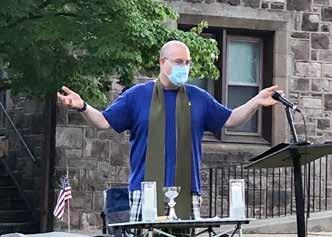
All Saints' Torresdale.
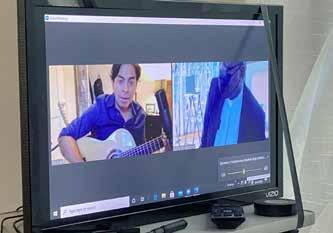
Cristo y San Ambrosio's online fundraiser.
Jesus calls us into the new and the unknown.
The need for what we have to offer has never been greater. To meet these needs, the Church must venture boldly into new territory, creating new models and fostering innovation while at the same time holding on to the Gospel and our Anglican identity. Our churches need to be centers of community life seven days a week. To facilitate this, we created new partnerships with public entities, private developers, interfaith denominations and non-profits, showing that church does not need to be within four walls. To support this work, we added a Diocesan Canon for Education and Renewal, the Rev. Hilary Greer, to help guide our collective conversation.
Launched the Serviam Institute.
In the works for two years, the diocese launched modules for its Serviam Institute, an online training center for lay and clergy in partnership with a well-known university that will allow us to offer a full range of courses that will train and equip our members for the work of ministry.
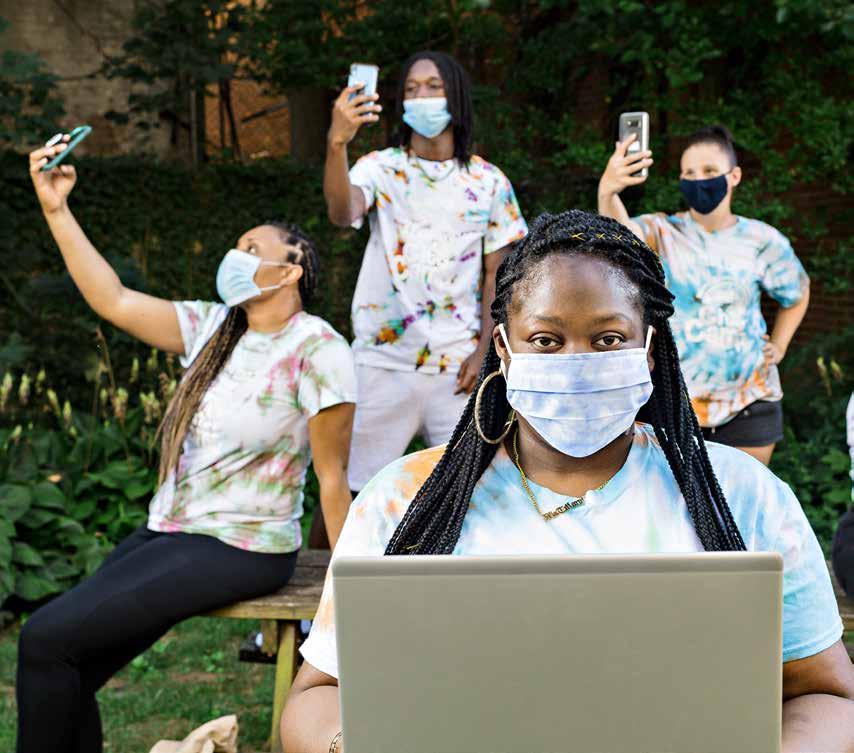
City Camp went virtual.
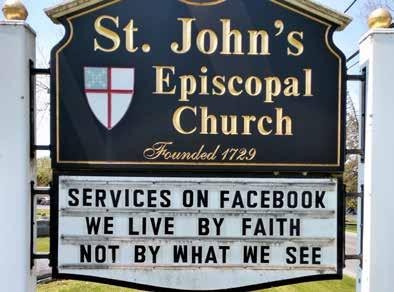
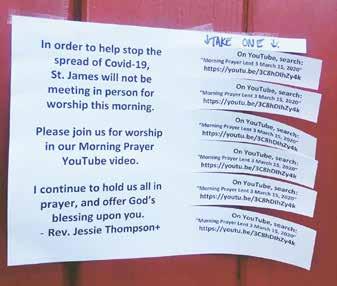
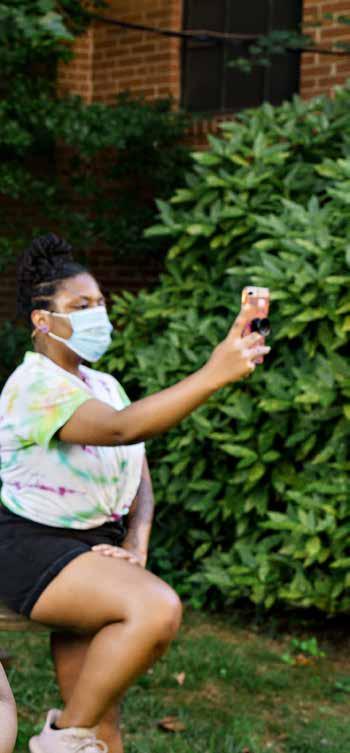
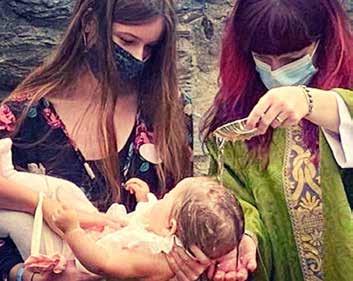
Baptism in the age of Covid.
Partnering with Iona.
In 2020, the diocese began a new agreement with the Iona School for Ministry, which will enable us to train priests and deacons locally, thereby making theological education and formation more accessible.
Created the One Love Channel.
To expand our digital footprint, the diocese created the One Love Channel. While still continuing services on our social media platforms, we created this free platform, which does not require anyone to log in to watch a service, making it easy. Through the channel, you can watch Sunday services and request prayer on demand.
Training evangelists.
In 2019, we set a goal to recruit 100 evangelists in the diocese and train them in 2020. We were well into our goal when the pandemic hit. We shifted gears a bit, but still focusing on the initial goal, we began a Digital Disciples program. The “disciples” would train lay and clergy how to evangelize online. They provided 102 hours of free support, from providing technology plans to social media assistance, that allowed our churches to reach more people. The diocese also helped make the jump to online easier by providing churches with free Zoom accounts and a digital streaming guide.
Creating a new model for ordination.
Last year, the diocese ordained its first “locally formed” priest. This is a customized program for non-traditional learners. Instead of going to seminary, a program is crafted at the local level with the input and oversight of many. This growing integration of technology makes this program more accessible and adaptable.
Expanding the definition of Church.
We ordained and hired the first Hispanic missioner, who took the Gospel to the streets of South Philadelphia, expanding the historic ‘benevolent’ ministry of the Church of the Crucifixion to people in the wider community.
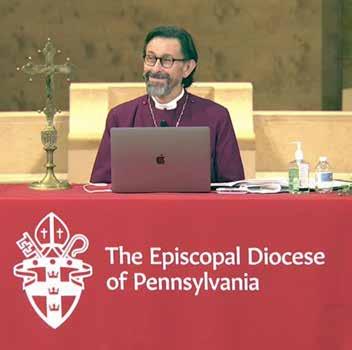
Our 2020 Diocesan Convention, livestreamed.
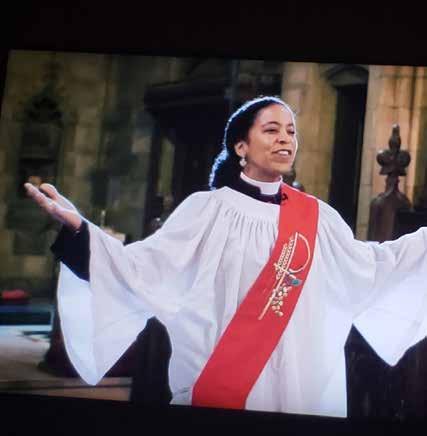
Snapshot of our CBS televised service.

Deanery meetings online.
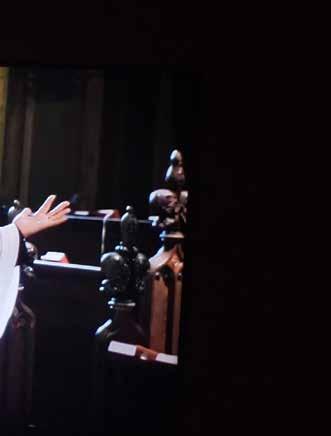
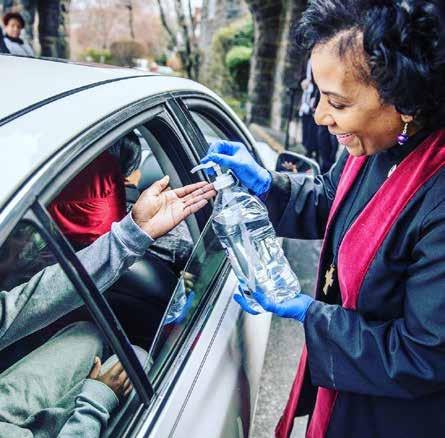
The African Episcopal Church of St. Thomas.
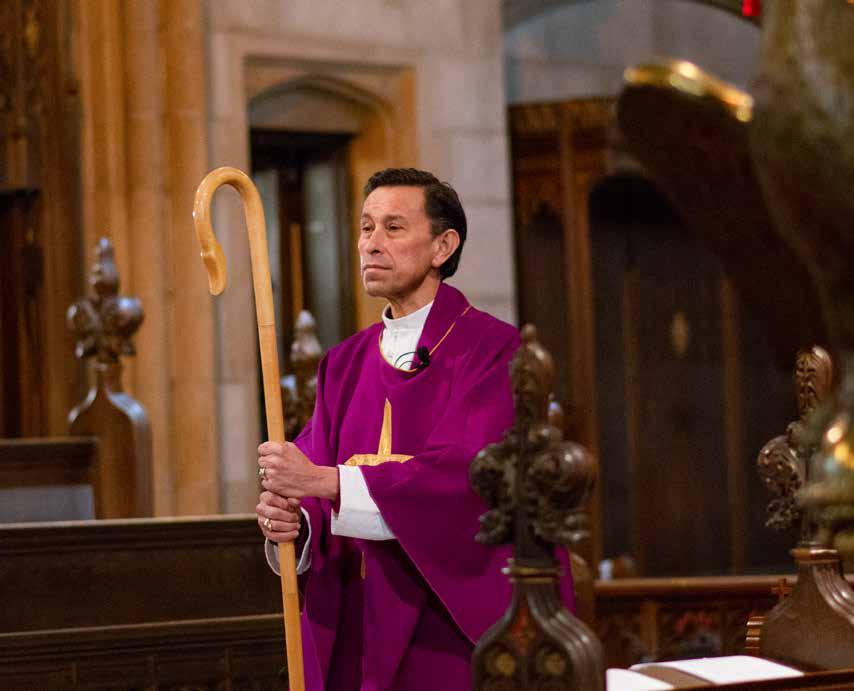
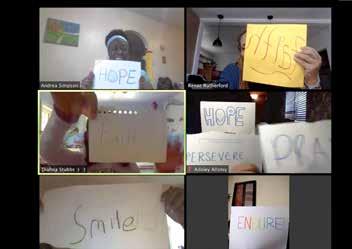
St. Andrew St. Monica online.
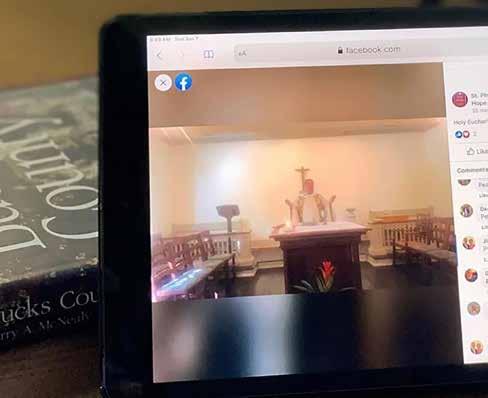
St. Philip's New Hope.

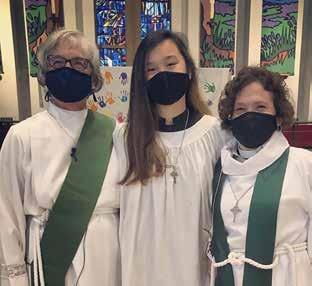
St. Peter's Glenside.
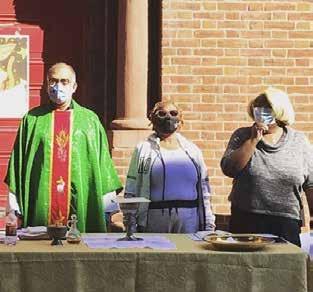
St. Mary's Bainbridge, Phila.
Providing digital tools for innovation.
We equipped churches for ministry online by enrolling 20+ churches in The Episcopal Network for Stewardship (TENS) to open online giving accounts with Tithe.ly. We created a way for all churches to fundraise from our website without any fees, and provided online giving support and workshops.
Working with several smaller churches, we developed a model for a multi-parish consortium whereby the churches would share resources and clergy, gaining not only stability, but also vitality.
We were able to gather clergy for our first-ever virtual conference. We also took the year’s largest convention - our Diocesan Convention - online, which allowed for voting and input using technology. Leading up to Convention, the diocese organized seven budget presentations to allow members of the diocese to ask questions.
Revisioning church space.
Under the Bishop’s guidance, the diocese convened a Developers’ Roundtable to study and discern property development uses and needs of churches to expand the churches' ministries. We formed a partnership with Partners for Sacred Spaces to expand diocesan knowledge of maintaining properties, especially those that serve in African American communities, to increase ministry.






